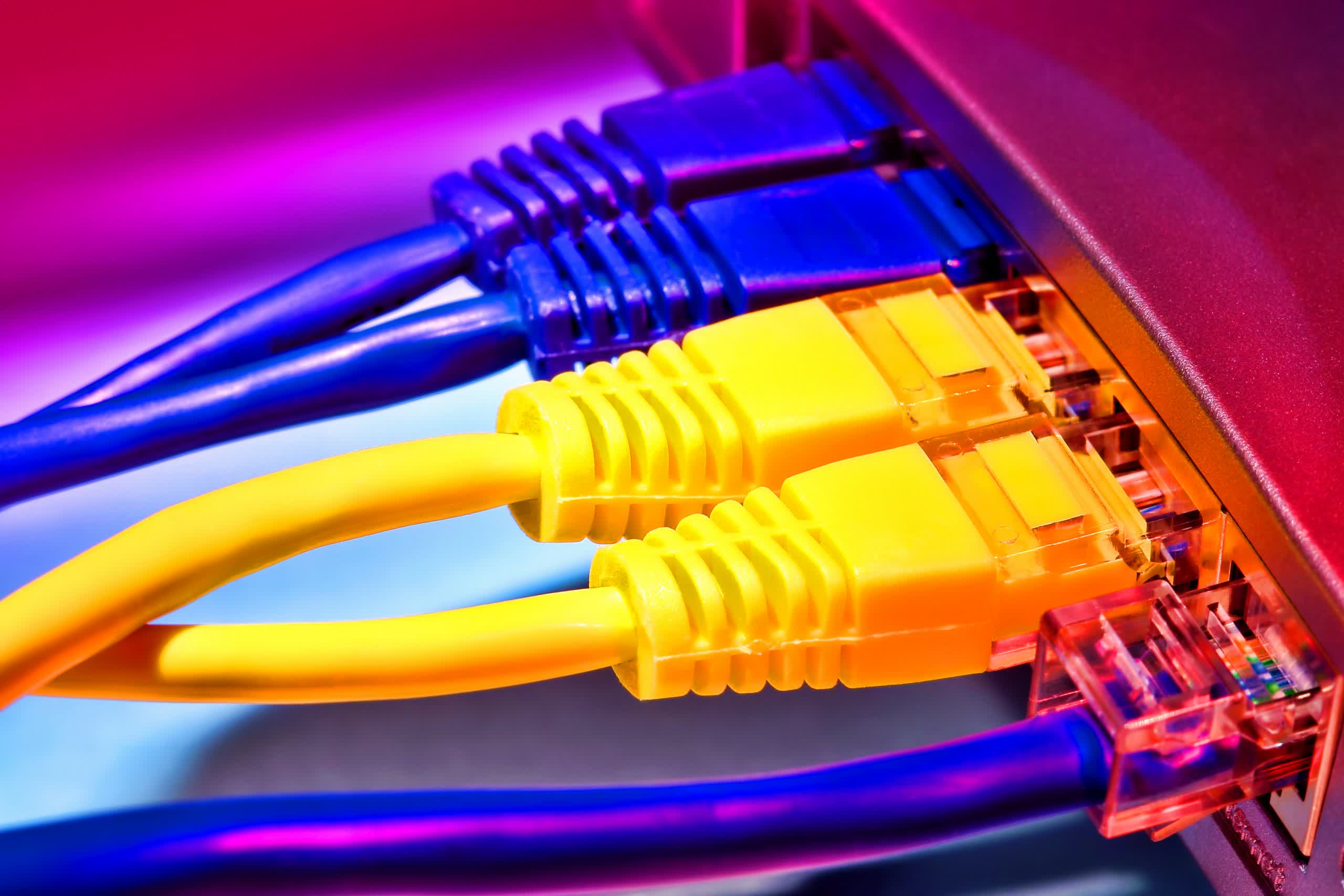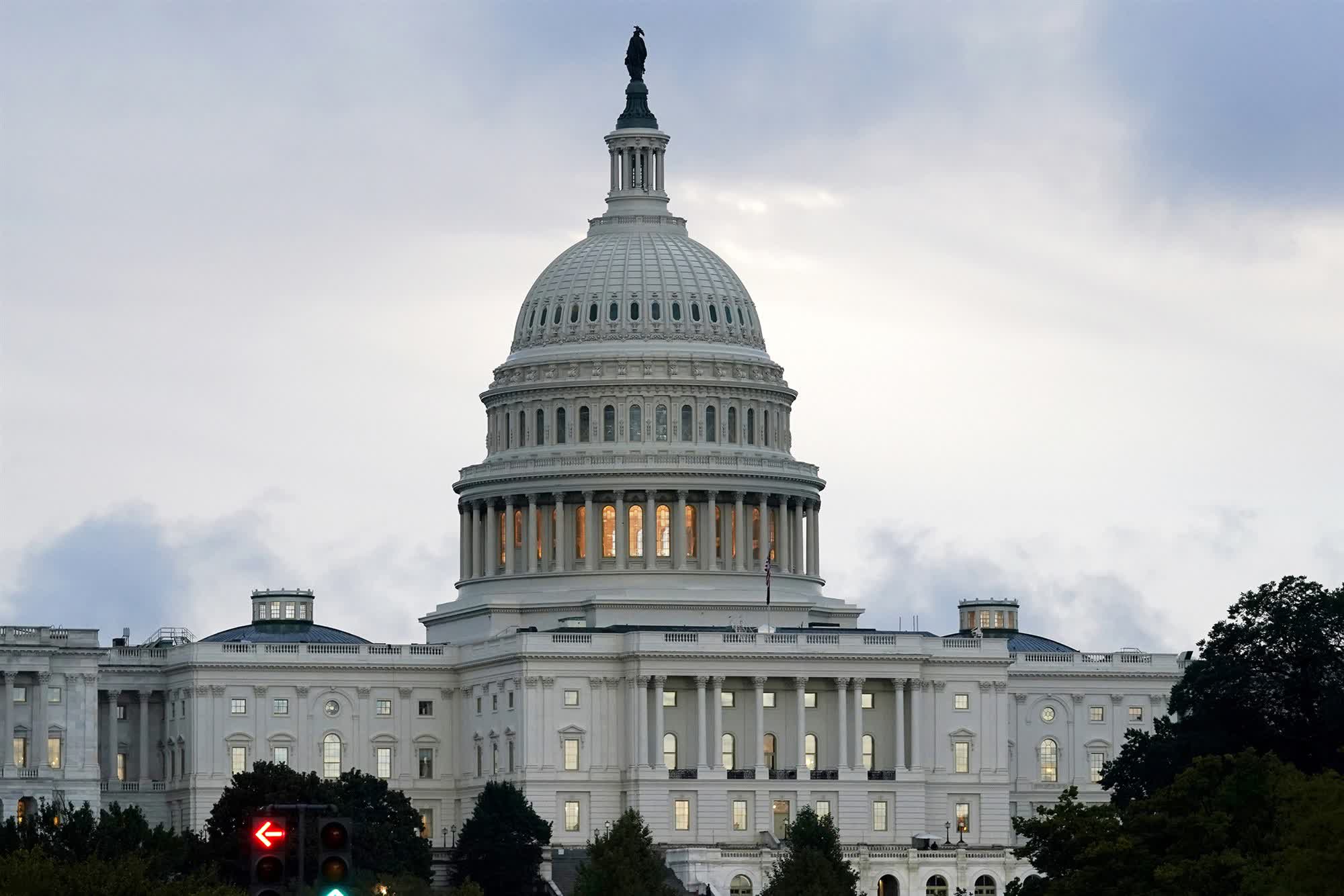In a nutshell: The much awaited Covid-19 relief bill was approved this weekend, and while most people are interested in the $600 per person in direct payments, it's important to note there are some interesting provisions that will put $7 billion towards something that's clearly become a utility during the pandemic: broadband access.

The US government says it will commit a portion of the $900 billion Covid-19 relief bill towards several strategic objectives meant to improve access to broadband, as well as advancing the Clean Network initiative, a 5-part plan to completely remove the presence of Chinese companies from American infrastructure and the Internet.
Axios learned that lawmakers approved $7 billion in funding to make broadband available to everyone who needs to work and study from home, especially low-income Americans whose finances have been significantly affected by the pandemic to the point where paying for Internet access has become a challenge.
The importance of this can't be understated, as the US fell further down the broadband price table this year, with an average fixed-line package price of $50.

House Speaker Nancy Pelosi and Senate Democratic Leader Chuck Schumer noted in a press statement the new emergency broadband benefit program will "help millions of students, families and unemployed workers afford the broadband they need during the pandemic."
That means putting $3.2 billion towards offering qualifying households a $50 monthly subsidy, so that Internet access is guaranteed until the situation improves. The provision bears some similarities to the HEROES Act, and includes $1 billion in funding that will go towards grants for Tribal broadband programs as well as $300 million for broadband infrastructure grants.
Interestingly, $1.9 billion in funding will go towards "rip and replace" efforts for carriers to completely remove any Huawei or ZTE equipment from US networks. This comes just after the Department of Commerce added 60 Chinese companies to the Entity List, including Huawei and drone maker DJI.
https://www.techspot.com/news/88053-covid-19-relief-bill-includes-7-billion-broadband.html